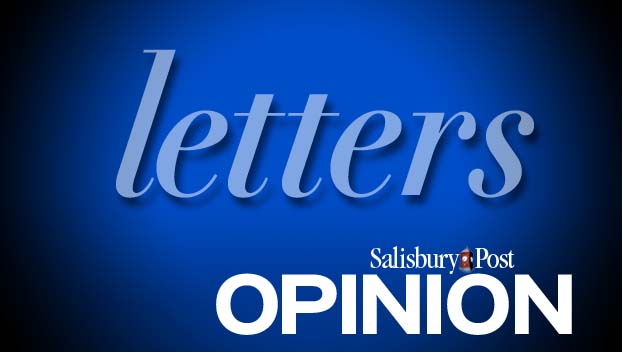Letter: What defund the police really means
Published 12:00 am Tuesday, November 3, 2020
This is in response to Gerry Wood’s letter published Tuesday (“Attempted break-in proves importance of police”).
We agree that we have a fine police department and chief and I am sorry that you experienced a robbery at your dealership. But your statement “some citizens want to defund the police” referencing them as “delusional”? Well Gerry, I resemble that remark.
Would you use a 10-pound hammer to drive a tack? Call a plumber if you needed a urologist? I am for giving police the correct tools and for sending the doctor when an officer with a gun will not solve a mental health incident.
Defunding the police doesn’t mean stripping law enforcement of all their funding. It means shrinking the scope of police responsibilities and shifting some public safety responsibilities to entities that are better equipped to meet that need. It means investing more in mental health care and housing and expanding the use of community mediation and violence interruption programs. It is a call for redistributing funds towards essential social services that are often underfunded, such as housing, education, employment, mental health care and youth services.
As two white, affluent, privileged, business owners, we can debate policing over a cup of coffee while you sell me a car. But the luxury of the debate is lost on the those that are under the threat of police violence 24/7/365. Lest you forget, “Trump says, ‘All Mexicans are all rapists and drug dealers.'” Driving while Black, racial profiling, white supremacy, systemic racism … these are all real things — things that you and I will never have to worry about.
Defund is being used as a dog whistle instead of what it is: a call for fewer but smarter, better trained, educated, equipped and better paid police. It is a call for more funding for other social services to de-escalate incidents that police are not trained to engage in. We need police to have empathy and know when to seek help for their own problems instead of taking their frustrations out on the minority public. We should not expect them to handle incidents for which they are not trained. And by doing so, we will ensure that they are respected by everyone.
— Michael Young
Salisbury


